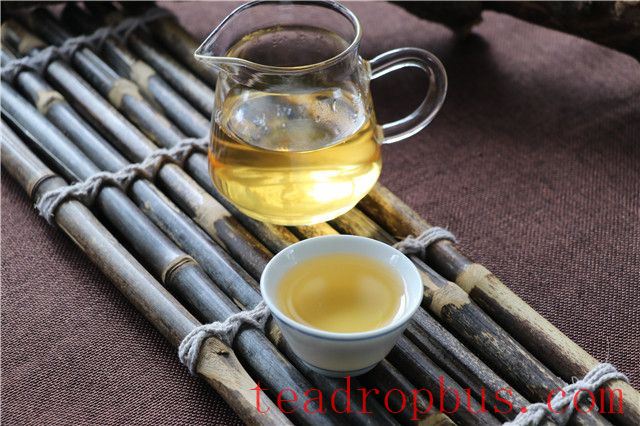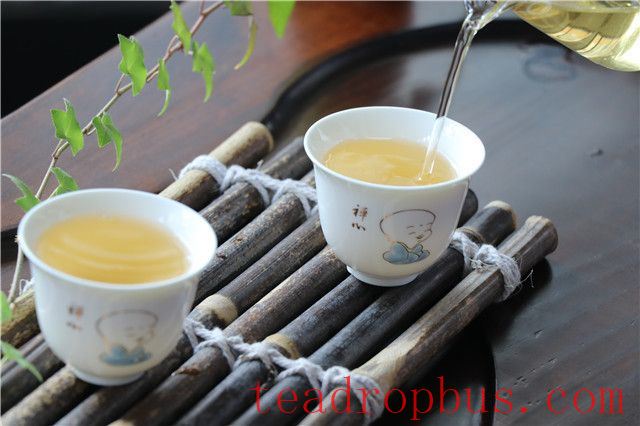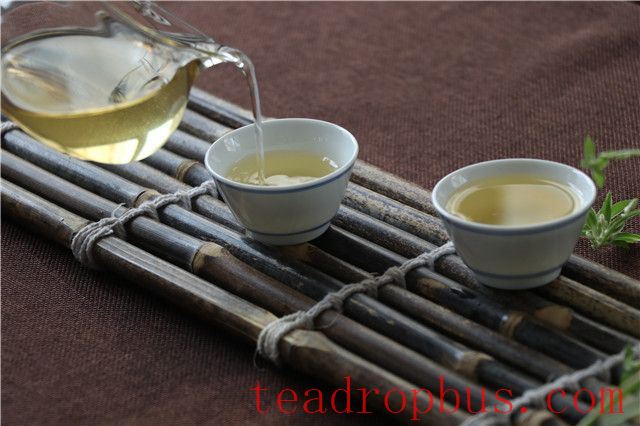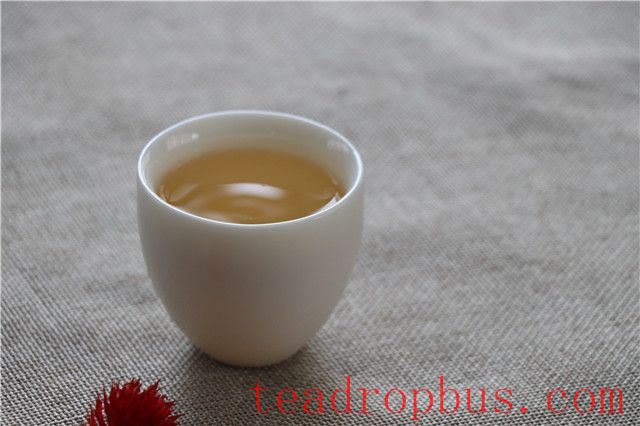In today's fast-paced society, people are increasingly aware of the importance of physical health and maintaining a clear, optimistic, and cheerful mindset. As a result, many are trying to take a break from the relentless flow of daily life to enjoy a Cup of Tea and admire the distant scenery; this not only provides rest for the body but also rekindles the soul's appreciation for the joys of life amidst the stresses of a hurried routine.

We often say that simply lifting a teacup and raising it in a slow, gentle manner, akin to a soothing melody, brings significant benefits to one's spirit and mindset. Moreover, as long as the tea does not contain pesticide residues, impurities, obvious processing defects, or storage issues, it is generally healthy. Many friends often ask: “What type of tea is suitable for my constitution?”
There are countless theoretical explanations that can be confusing. To simplify, I say: “Your palate will tell you what tea you should drink.” A woman with a very weak and cold constitution would not praise strong and intense teas, while a robust and sturdy man would not be enamored with mild and smooth ripe teas all year round. Try different types of tea, and the one that brings you joy from within is the right tea for you.
Drinking tea is beneficial for health, but nothing is absolute. Even healthy tea requires a healthy approach to drinking it.

1. Never Drink Problematic Tea
Problematic tea can arise from various reasons, commonly including pesticide-contaminated tea, tea stored improperly leading to impurities and off-flavors, and tea with excessive moisture causing internal spoilage.
Long-term tea drinkers tend to have sensitive taste buds, especially when it comes to detecting issues with tea. An elderly lady who has been devoted to her daily staple tea confidently stated: “No one can fool me when it comes to tea.” This is the confidence of a tea drinker. One can immediately tell if a tea is of poor quality or problematic;
Drink only tea that suits your palate. Many teas naturally possess strange flavors that feel jarring and unnatural. With prolonged exposure and careful tasting, one can discern: “This tea is inherently unhealthy, this tastes burnt, this tea has a waterlogged flavor,” and so on. However, sometimes we compromise or overlook these issues out of reluctance or a desire to avoid confrontation. We may tolerate unpleasant flavors for the sake of the overall enjoyment of the tea, but when it comes to health, there should be no compromise. If you encounter a tea with noticeably unnatural flavors, it's best to discard it.

2. Take Your Time, Be Careful Not to Burn Your Mouth
This may seem trivial, but over time, such small matters can become significant. In daily life, we often come across friends who are very impatient and do everything quickly; they walk fast, work fast, eat fast, and, of course, drink tea fast.
They finish their meals before others have even eaten half and rush off. Over time, this becomes a habit, and they may not notice any immediate negative effects. However, such individuals are prone to getting heaty conditions, with their oral, esophageal, and stomach linings easily damaged and not having enough time to heal, which can eventually lead to gastrointestinal problems.
The World Health Organization advises against consuming food and drinks above 65°C, particularly hot water.
Tea is appreciated for its warmth and aroma. When sitting around to enjoy tea, the host pours steaming cups that emit a tempting fragrance. It's tempting to quickly drink it all to savor the precious aroma before it fades. However, there's no need to rush. Let it cool down a bit until it reaches a temperature of around 65°C or less, when it feels warm but not scalding. To speed up the cooling process and maintain the rhythm of tea drinking, try using wider, shallower, and slightly smaller cups.

3. Brewing Method Matters
Different types of tea are best enjoyed using different Teaware and brewing methods; green tea in glass cups, Pu'er tea in gaiwans and purple clay pots;
Gaiwans and Teapots are used for brewing Pu'er tea with multiple infusions, while green tea does not require this. While it's possible to brew Pu'er tea in a glass cup, especially when traveling and it's not convenient to use other utensils, there is an issue. Pu'er tea contains more substances than other types of tea, making it difficult to control the amount of tea leaves and the brewing time. As a result, the tea can become overly concentrated and excessively bitter, making it hard to appreciate the true flavor of the tea. Therefore, using gaiwans, purple clay pots, and multiple infusions is not just for the sake of complexity or aesthetics.
If you don't use multiple infusions for teas with rich contents, you might inadvertently end up drinking overly concentrated tea. Remember, the strength and power of a tea's flavor and aroma are not achieved by increasing the amount of tea leaves or the brewing time. Instead, drinking overly concentrated tea can lead to tea drunkenness, palpitations, anxiety, and harm to the heart and stomach. (Source: Justice Tea Shop, Image Source: Tea Friends Network)